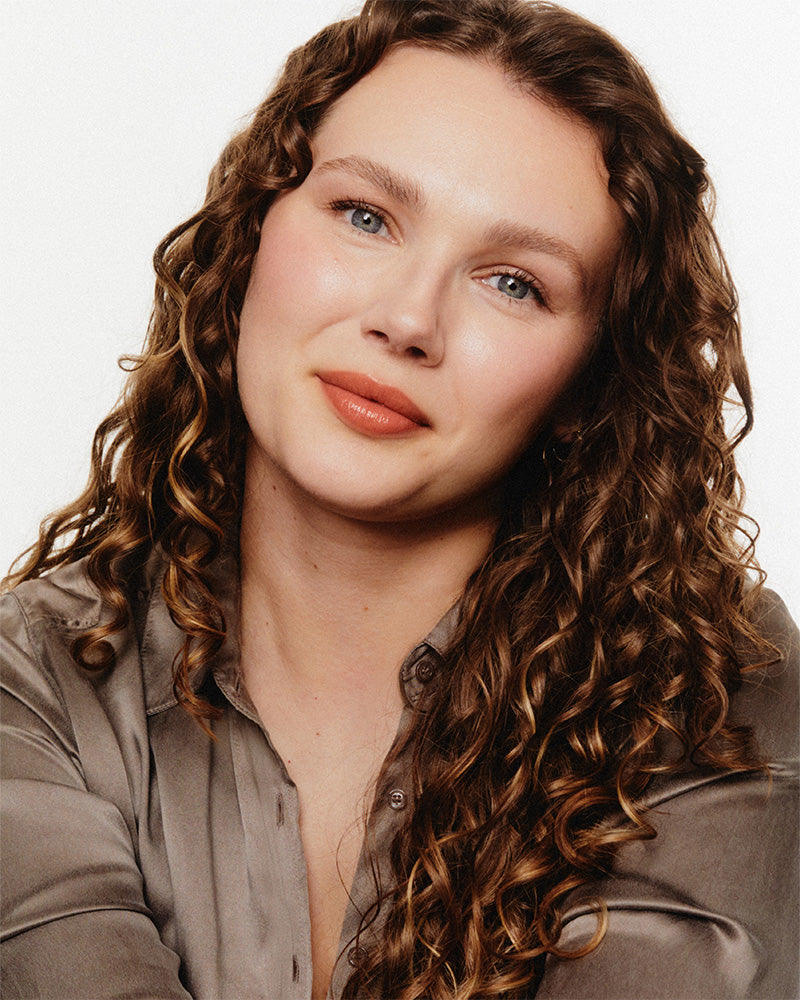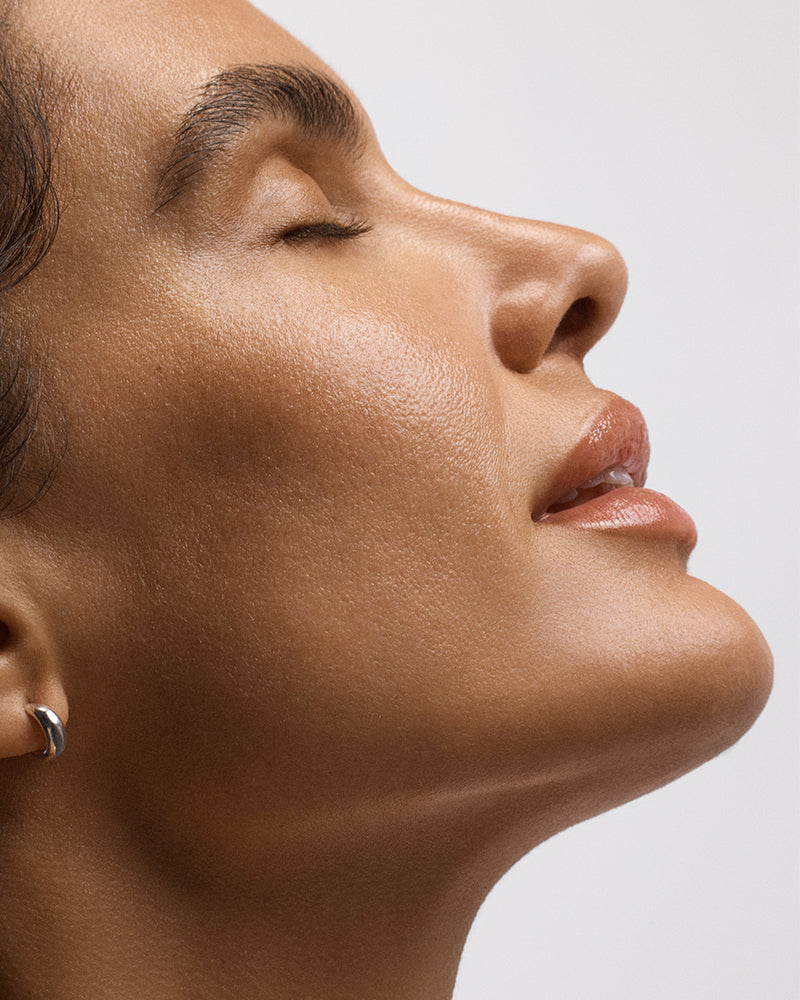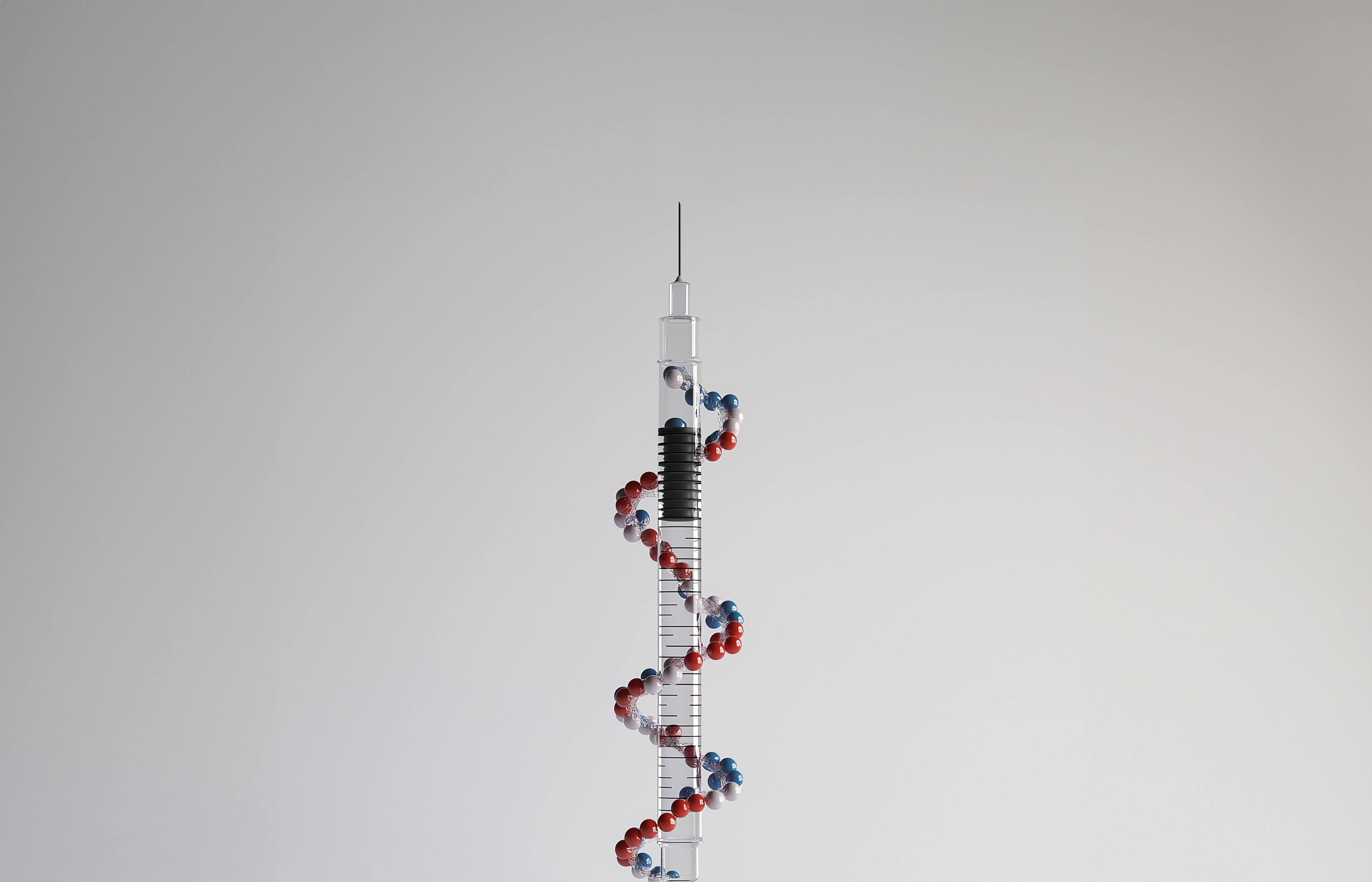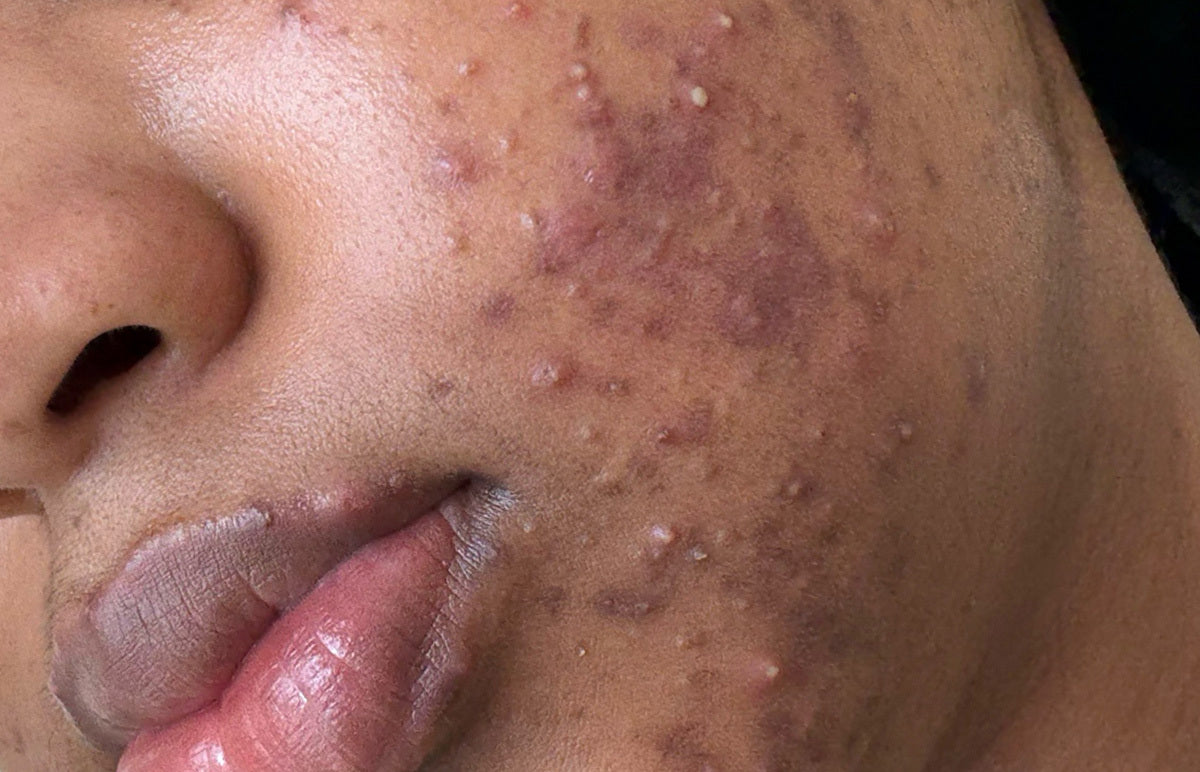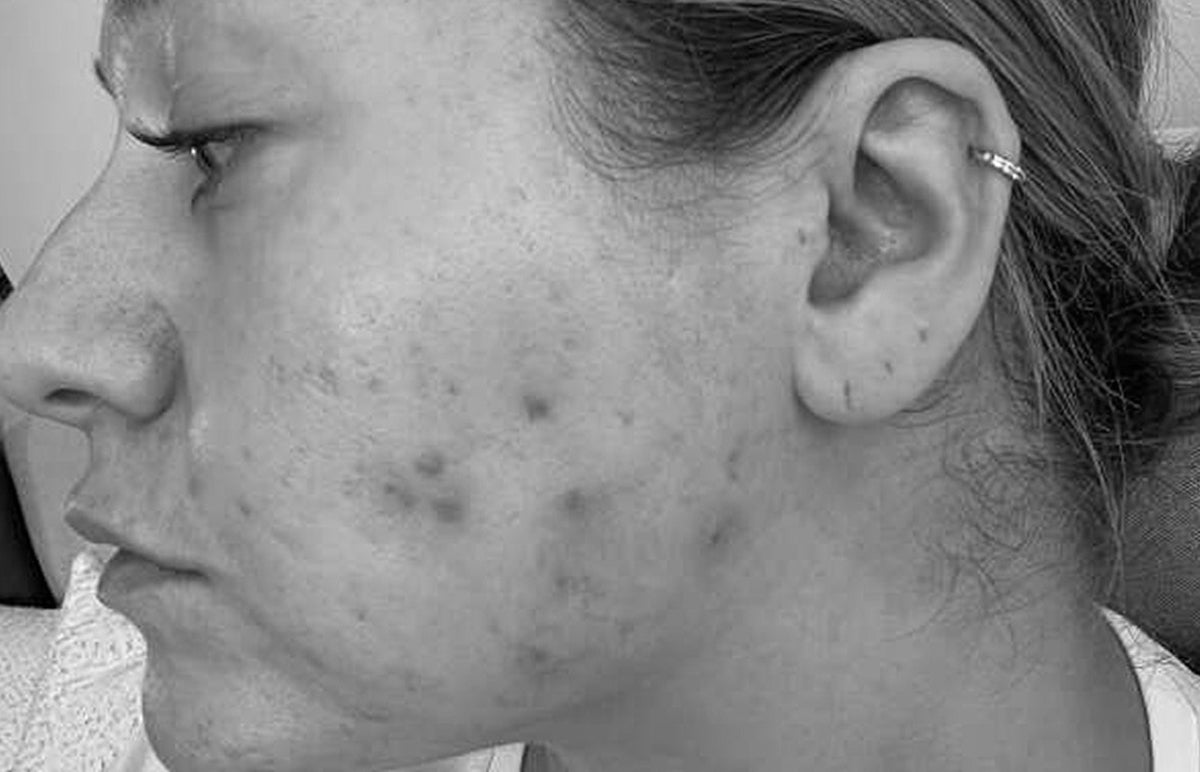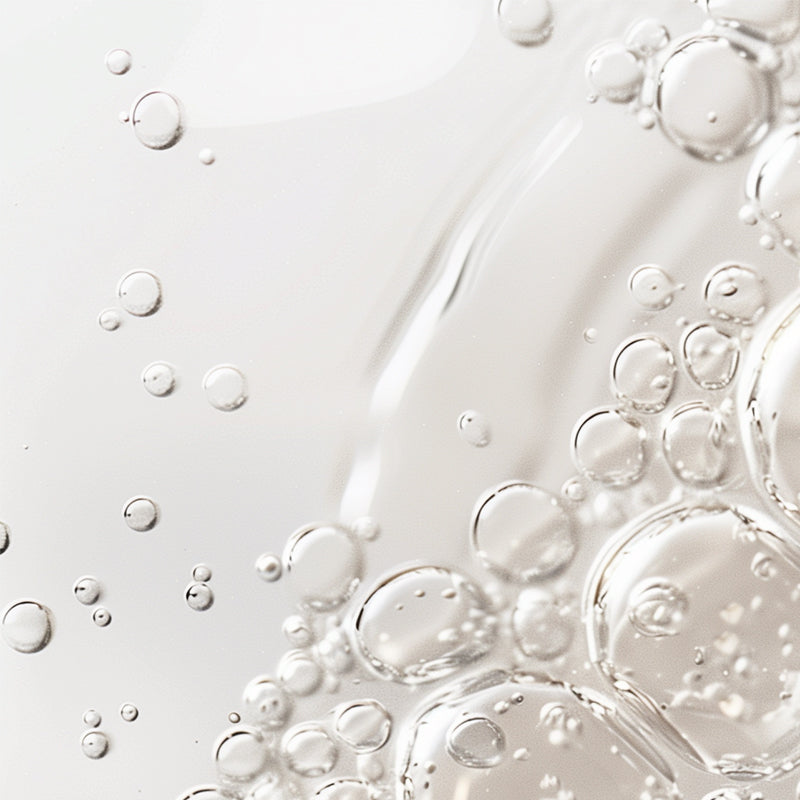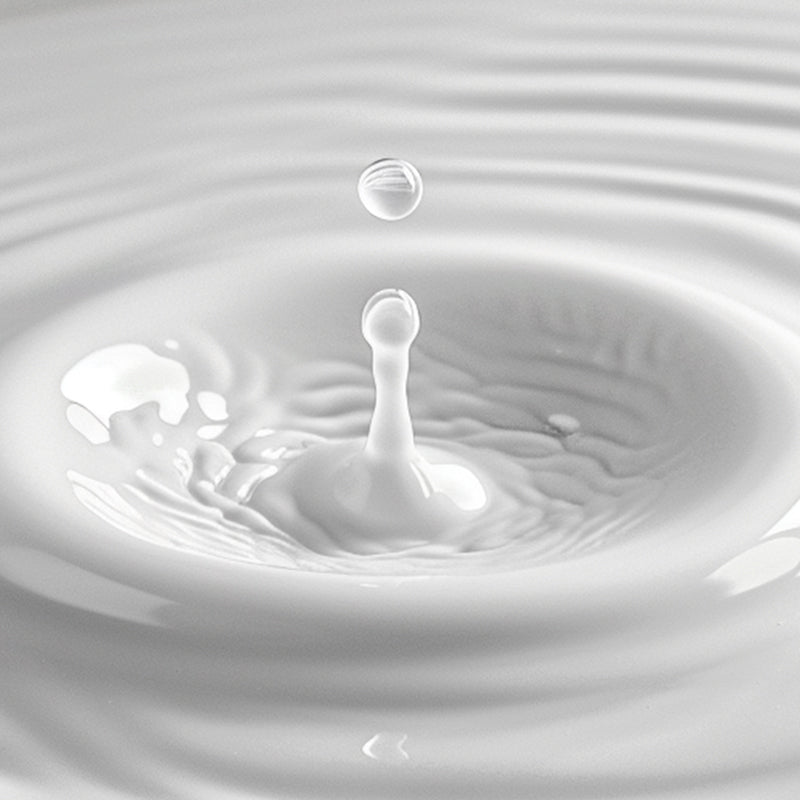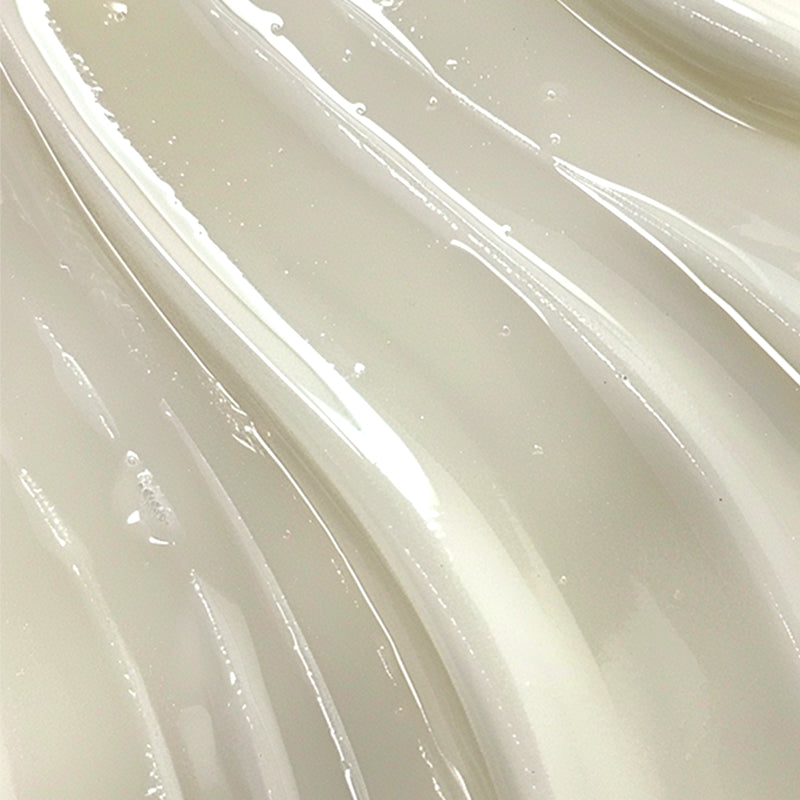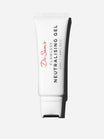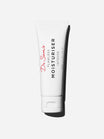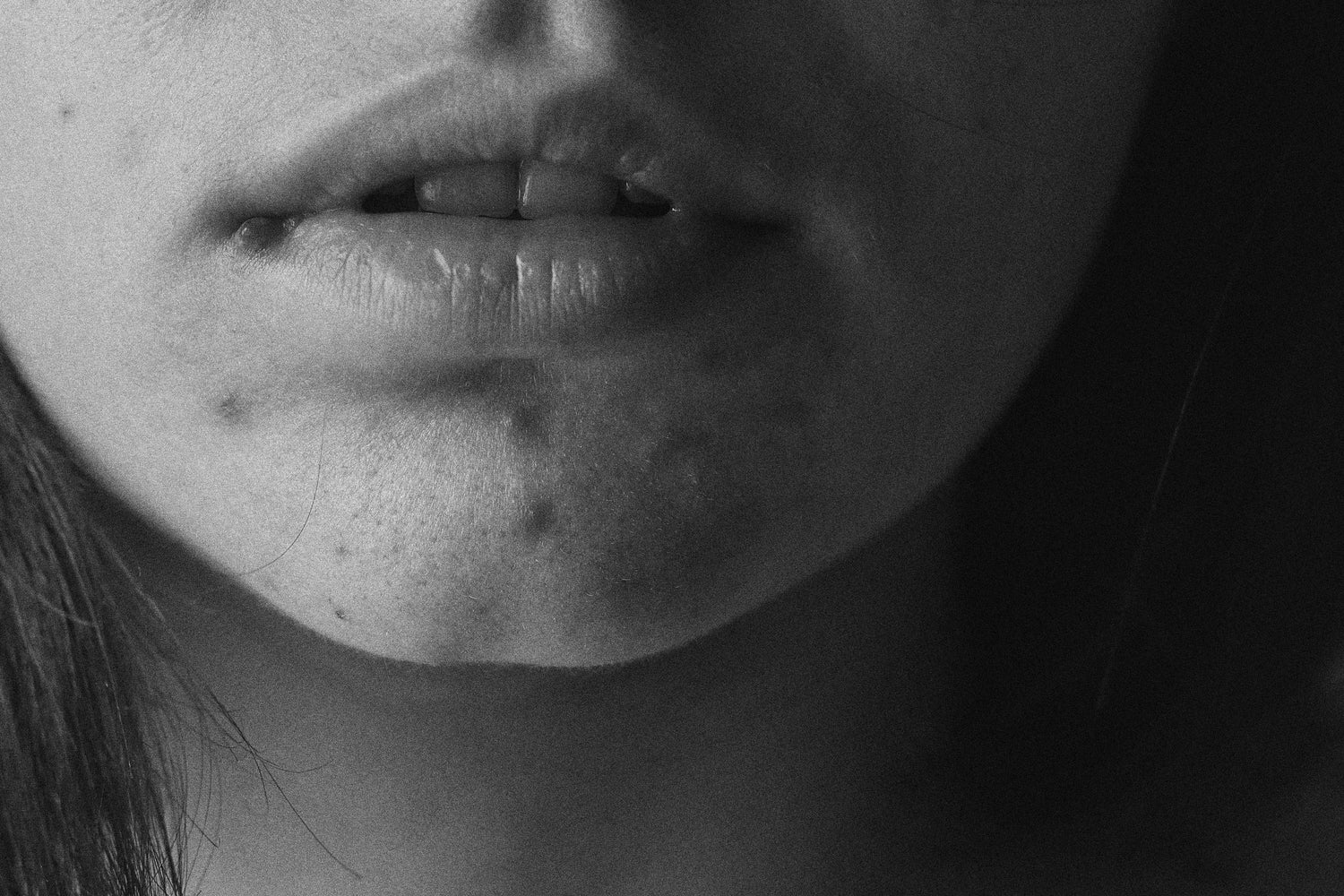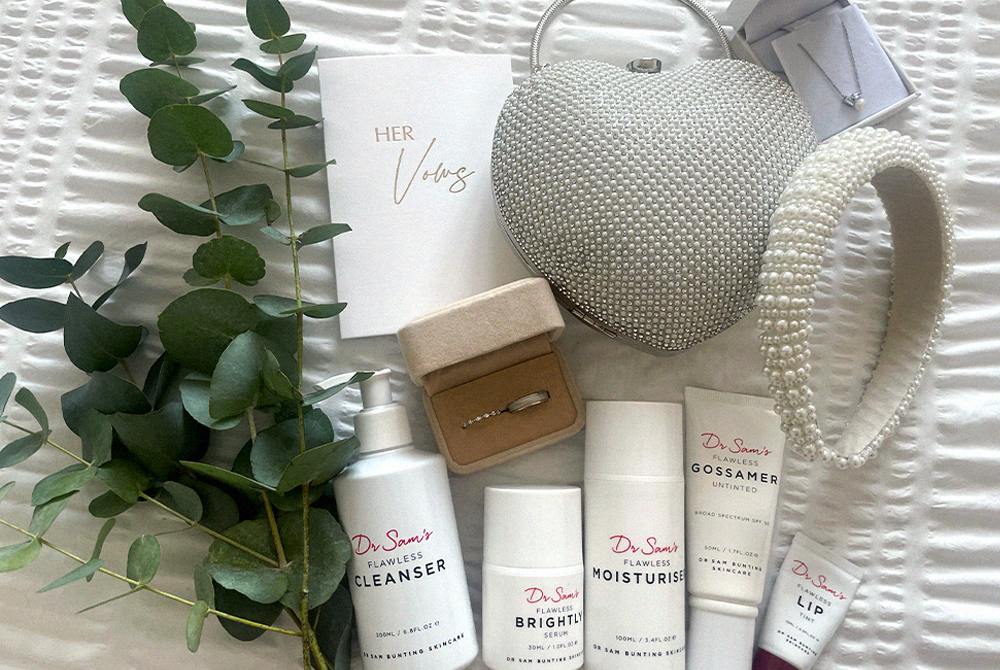With up to 85% of teens and 40% of adult women experiencing breakouts, a lot of you are heading straight to Google to find the best way to treat acne. It can be a daunting place to start as you’ll be met with millions of unvetted answers which often give conflicting or factually incorrect advice!
I scoured Google for the most frequently asked questions on breakouts to bring some much-needed clarity. With so many myths and confusion out there on the best way to treat acne, I thought this was an interesting way to answer the biggest questions you have on this important topic.
How do you get rid of spots overnight?
I understand the aspiration but it's important to have realistic expectations. Consistent, daily habits are the key to clear, bright skin so you need to implement a structured skincare plan which contains the following:
- Non-clogging basics - your cleanser, moisturiser and sunscreen.
- A preventative step - typically a retinoid at night, although azelaic acid is a good alternative if pregnant or intolerant of retinoids.
- An anti-inflammatory product - to be used in the morning.
However, if a monster spot does appear, use a targeted blemish treatment with 1-2% salicylic acid or 2.5-5% benzoyl peroxide as soon as possible, at night if needed. Just skip your retinoid in that area to avoid irritation.
How do I treat spots?
Acne presents itself visibly with a number of different types of lesions or blemishes. They range from blocked pores or comedones to inflamed lesions, which we know as spots. These can be a blind red bump, known as a papule or, a red bump with a white head, known as a pustule. Both of these are ‘spots’. Or you might have something deeper and lumpier - cysts or nodules. You know the under-the-skin horrors I’m talking about!
The best port of call is to use products with proven anti-inflammatory ingredients such as salicylic acid, azelaic acid, niacinamide, benzoyl peroxide or topical antibiotics (on prescription).
How do you use a spot cream?
You can either:
- Use it directly on an individual spot: if you just have the one.
- Use it on the ‘zone’: where you target the area you’re prone to spots and blocked pores, so you can get ahead and prevent spots whilst also treating the dark marks they leave behind.
Are you supposed to rub in a spot cream?
YES! You want the product to penetrate to help heal inflammation and unclog pores.
Should I leave spot cream on overnight?
As mentioned before, if a single monster of a spot has come up during the day, do treat it at night - avoid using your retinoid on the spot, if you’re using an anti-blemish cream.
Should you wash off spot cream in the morning?
If you’ve used a blemish treatment the night before then do cleanse the following morning to remove excess oil, dead skin cells and any product residue. Most anti-inflammatory ingredients are suitable for use twice a day so you can reapply if your spot is still angry. If in doubt, check the instructions on the box or packaging.
Should I use a spot treatment in the morning?
If you’re tackling acne properly, you’ll be using a retinoid for prevention at night. So that means using a spot cream in the morning.
What is the best blemish treatment for sensitive skin?
Sensitive, blemish-prone skin needs to be treated carefully to avoid further irritation or aggravation. Azelaic acid and Niacinamide are potent but gentle ingredients that will help to minimise breakouts without causing further stress to the skin.
Is Salicylic acid a good spot treatment?
Yes! It’s effective at a strength of 1-2%. I find it a fantastic ingredient to add to your regime when ongoing breakouts are an issue. It’s oil-soluble so it penetrates deeply into the pore to exfoliate clogged skin cells. And it balances the microbiome, improves texture and helps eliminate dark marks from previous blemishes.
I hope these answers have removed any confusion on how to tackle acne in the most efficient way. If you’re unsure how to get the most out of your current routine, head to my Routine Finder tool to get your personalised Dr Sam System and sign up to my newsletter to get your exclusive Acne Solved cheat sheet.

